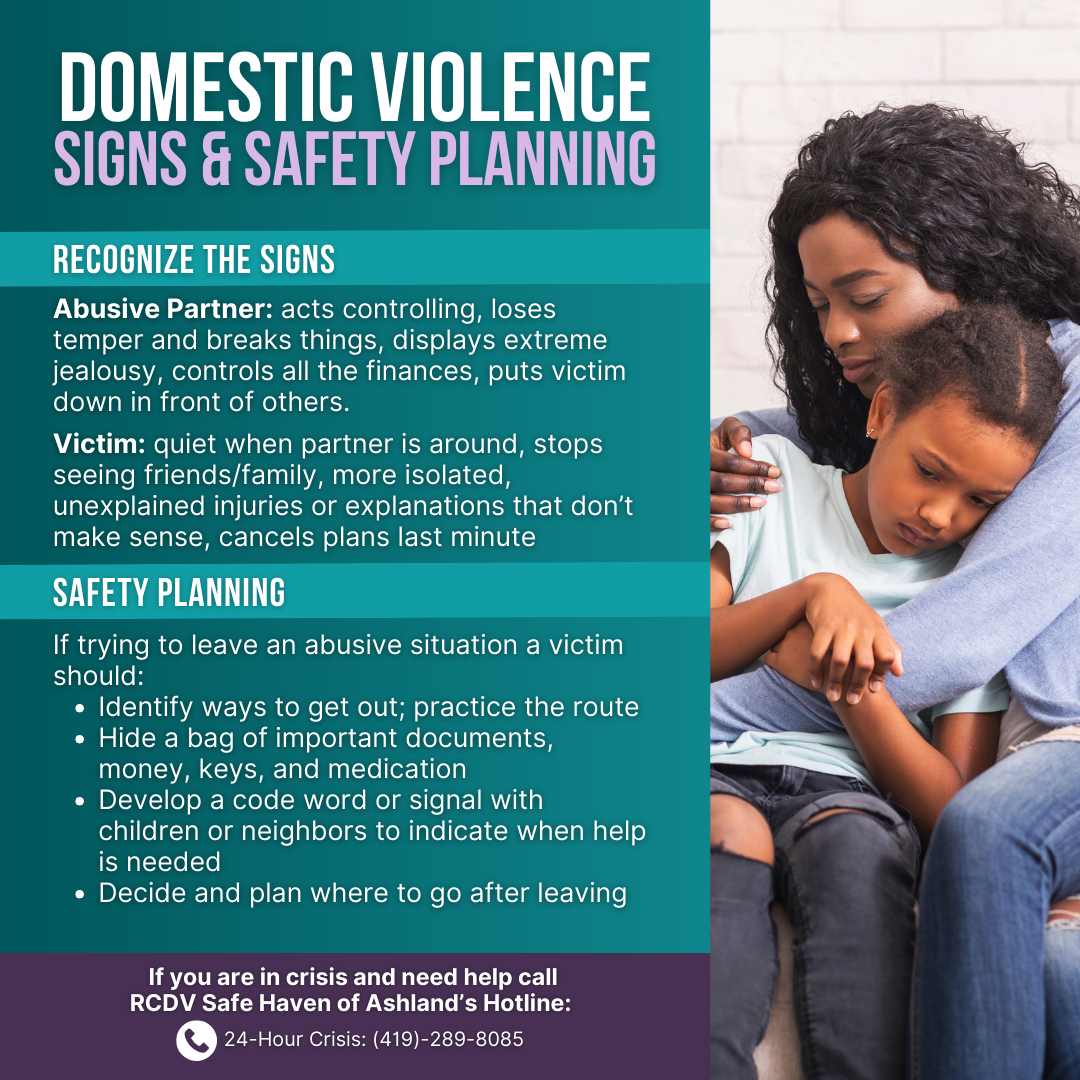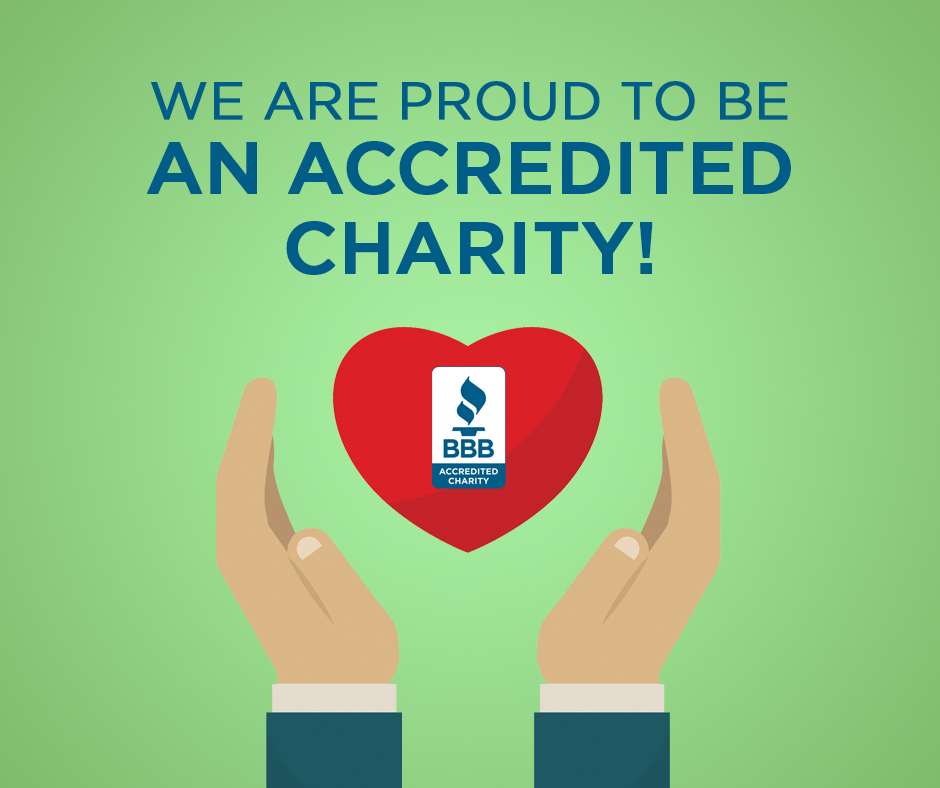When Should You Consider Medication for Your Child’s Mental Health?
Parents and caregivers are often desperate for an immediate solution to a childs mental health crisis. Failure at school, dangerous behavior, depression, these are problems a child or teen can have that may benefit from medication. However, most reputable mental health professionals will recommend working on lifestyle changes, behavioral therapies and counseling before medication is added as an intervention. If medication is added, it is recommended using it in tandem with therapies like counseling as medications do not help people learn new behaviors or assist in processing life experiences that may have contributed to the symptoms at hand.
Why wait?
Pharmaceutical trials generally focus on dosages and treatments for adults; children, however, may react differently to mental health medications, even when the dosage is appropriate for their body weight and age. Further, medical experts are cautionary about medicating children, since they’re bodies and brains are still developing. So there are good reasons to wait to medicate, or to at least proceed slowly.
In addition, mental health services have proven to be effective solutions, with or without medication. For instance, cognitive behavioral therapy, a fancy term that simply means treating mental health problems by providing parents with tips to use at home, using techniques to manage behavior in the classroom, and helping kids to create different thought patterns.
This route takes time, however, and when parents or caregivers are in crisis, and the child’s behavior is risky or dangerous, choosing to use medication combined with other treatment options is effective.
Why medicate?
Psychiatrists will often use medication to supplement behavioral counseling and psychotherapies. Before starting a medication a child should first undergo an assessment by a mental health professional, preferably a child psychiatrist, who can prescribe the right medications. Follow up is extremely important, as medications taken in the right dosage is key to its success—and safety—and managing side effects.
Medical professionals are not the only ones to proceed cautiously before medicating children for mental health issues. Often, caregivers turn to medication as a last resort, too. When a child’s behavior is getting out of control, his life is at risk due to poor decisions or a depressive state, she is falling behind in school, or normal parenting techniques are failing, the next step in treating the problem is often to try medication. In some cases, a brief period of using medication can help get the child get back on his feet and stabilized. This should be followed up with regular visits to a counselor and alternative cognitive or counseling treatments.
When all else has failed, or you’re already working with a counselor, it may be time to turn to medication to enhance treatment options for an anxiety disorder, ADHD, bipolar disorder, or depression. Talk to a mental health provider at Appleseed Community Mental Health Center to gain control over your child’s mental health, and find a new normal.







